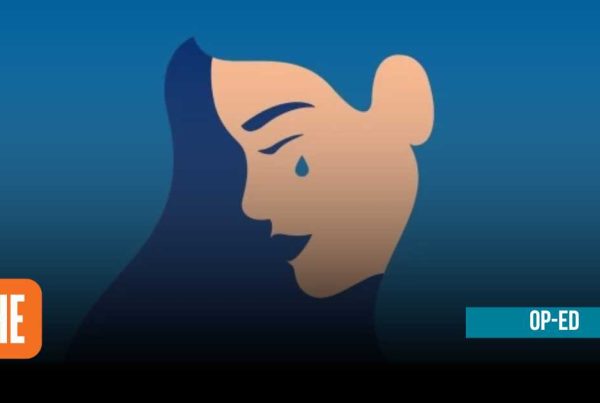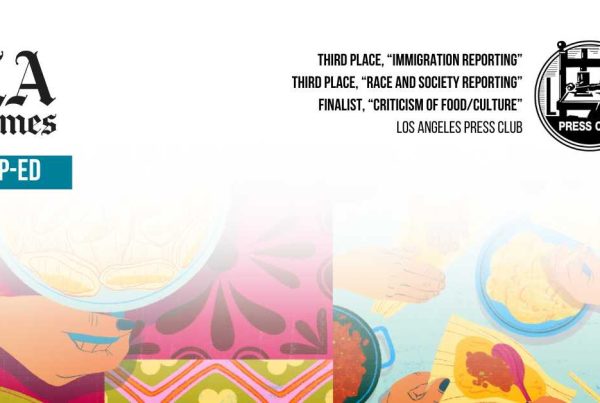
At a recent dinner party, I fell into conversation with a Navy SEAL. One might wonder what a history professor has in common with a member of one of the armed services’ most elite forces. But our discussion revealed that we share a great deal in common, including pride in our mission and our service, as well as a deep sense of responsibility to the people in our charge.
The SEAL described some of the challenges that veterans face, many of them very young, when they re-enter civilian life; I spoke of the veteran students I see in my classes at UC San Diego and the way they grapple with questions central to the humanities: What does it mean to be a good citizen in an increasingly complex world? What is the role of ethics in war? Is there a right way to go to war? Is there a way to conduct a moral war?
Searching for the meaning of life is nothing new among my 20-something-year-old students, but it is even more acute among my returning veteran students. The SEAL was glad to learn of the role that the humanities can play in helping students understand themselves and civilians understand his own experience. He, like me, was dismayed to learn that the Trump administration’s initial 2018 budget called for the closure of the National Endowment for the Humanities (NEH) and the National Endowment for the Arts.


